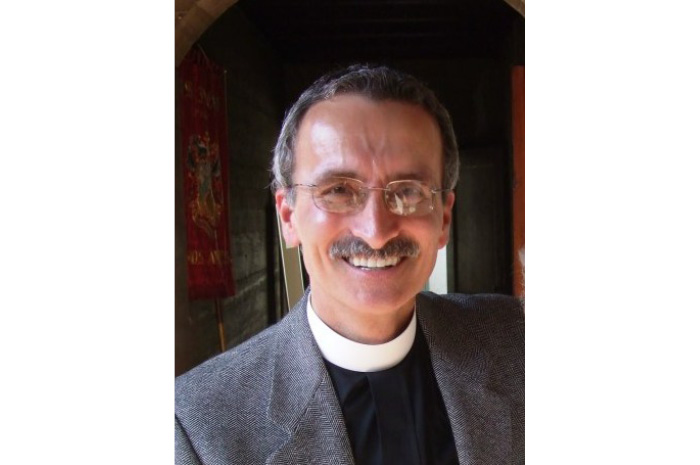Our Dynamic and Ever-Changing Church

One of the great pleasures of attending General Convention is getting to see old friends and make new ones. When I entered the visitors’ section of the House of Deputies today, I saw an old friend from another diocese. There was a lull in the action on the floor, so we started chatting, catching up on the latest happenings. I asked him how many General Conventions he had attended and he had to pause for a minute then counted on his fingers. It turned out that he had been at fourteen! Needless to say, he’s been ordained a very long time. I took the opportunity to ask him how things have changed during those years, and he came up with three specific areas that I’d like to share with you.
First is the move to a paperless, virtual binder. In the old days, everything was on paper and it was in the largest three-ring binder people could find. Physically lugging the binder around for ten days was not an easy matter. Not only that, whenever there were any amendments or changes (and there were a lot), the print shop had to print everything out, which then had to be distributed on the floor. The move to a virtual binder took place only at the convention prior to this one, the 2015 convention in Salt Lake City. There might be some technological glitchesoccasionally, but this move has made the life of the deputies so much easier.
The second thing he noted is that deputies feel much freer to self-identify as LGBTQ, particularly when speaking at the microphone in front of the whole House of Deputies. It seems rather commonplace today to identify oneself in this manner, but that hasn’t always been the case. It was only in the eighties, he recalled, that the first person did this openly, and it was a big deal. Additionally, people from all different sorts of backgrounds are able to advocate for themselves and others, and it really helps us to make better decisions. While we were chatting with each other, a deputy with mobility limitations spoke at the legislative meeting about how she felt when the rubrics in the prayer book instruct everyone to stand for the reading of the Gospel. I would wager that most people had never thought of how this simple sentence might make a sister orbrother who can’t stand feel.
The third thing he mentioned is that there seems to be a lot more young people serving as deputies. As soon as he said this, he admitted that this perception might be more a matter of him getting older than the deputies getting younger, but I had noted the same thing. There was a time in the not-too-distant past when people would defer to their elders by re-electing them as deputies. That is definitely not the case now. Part of today’s legislation dealt with revising the prayer book, and several millennials came to the microphone saying that they were not in favor of it, expressing a feeling that older people think that younger folks want something more up-to-date. These speakers urged others not to tell millennials what they ought to like or not. A better way is to simply ask them.
These are just three observations by one of many current or former deputies. What I took away from our conversation, though is that the church is dynamic and ever-changing. Things might move at a snail’s pace sometimes, but it does change. General conventions are the place to see how these changes take place, but moreover, how much people love this church and want to make sure they do the right thing to continue seeking to bring God’s reign on earth.